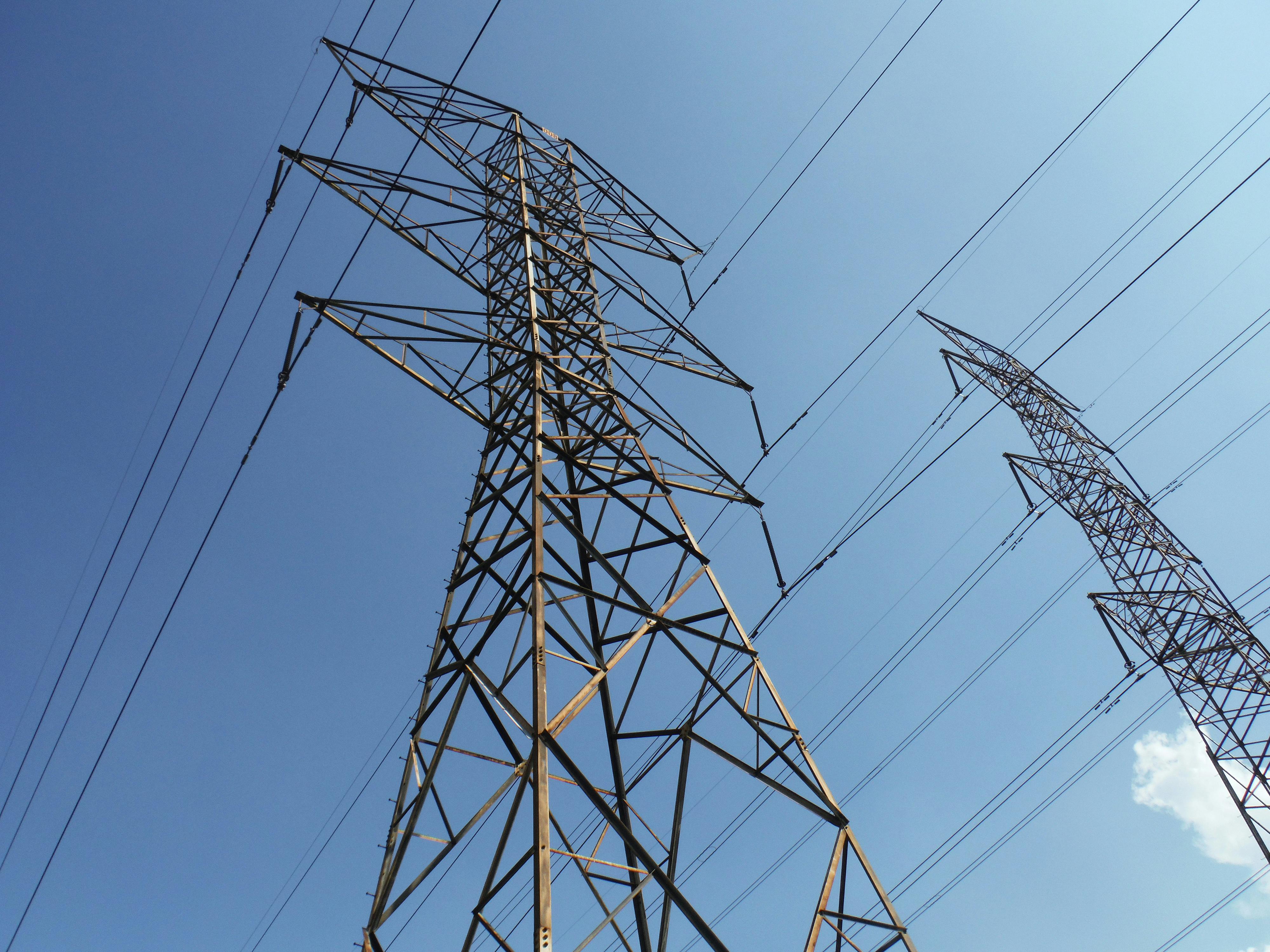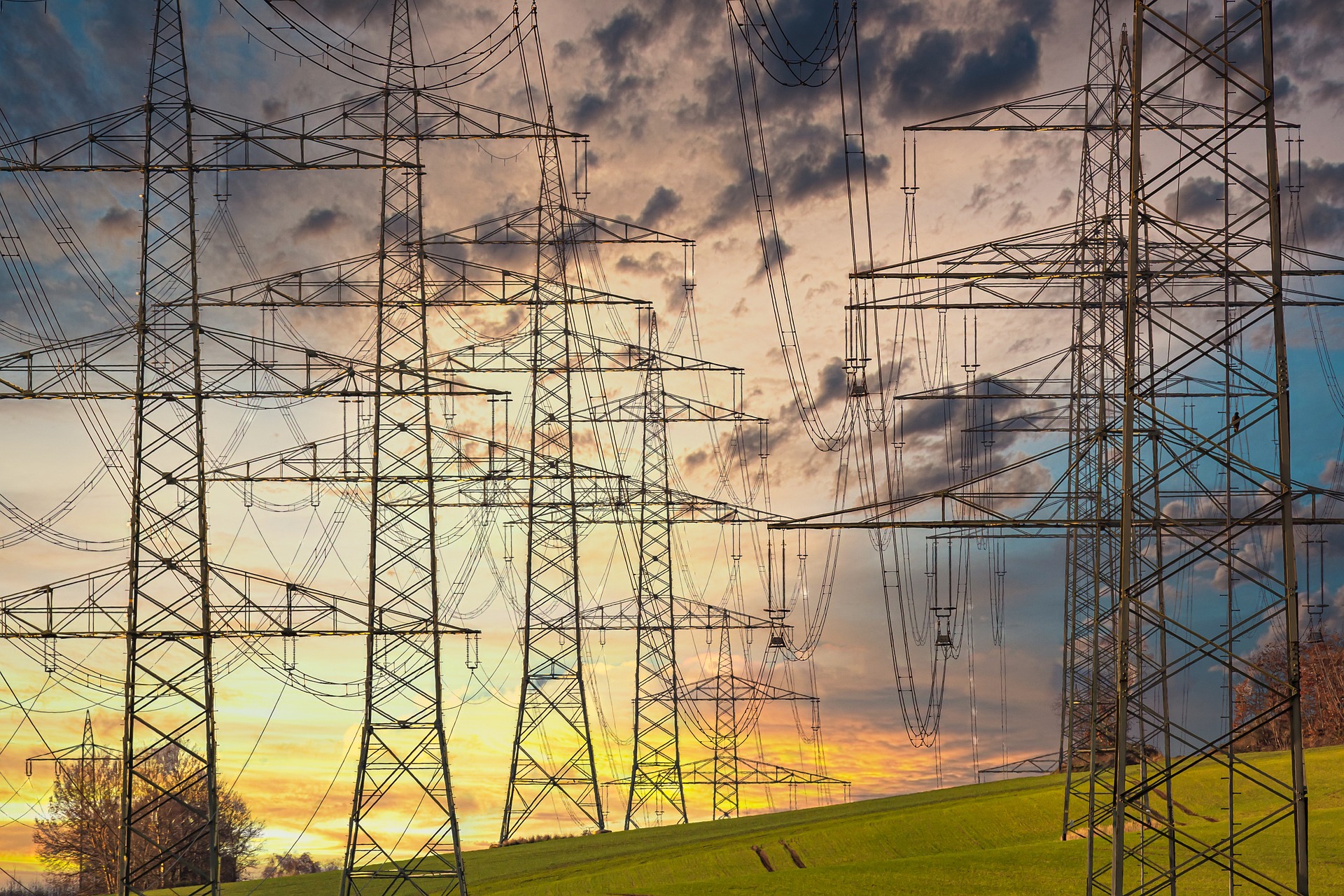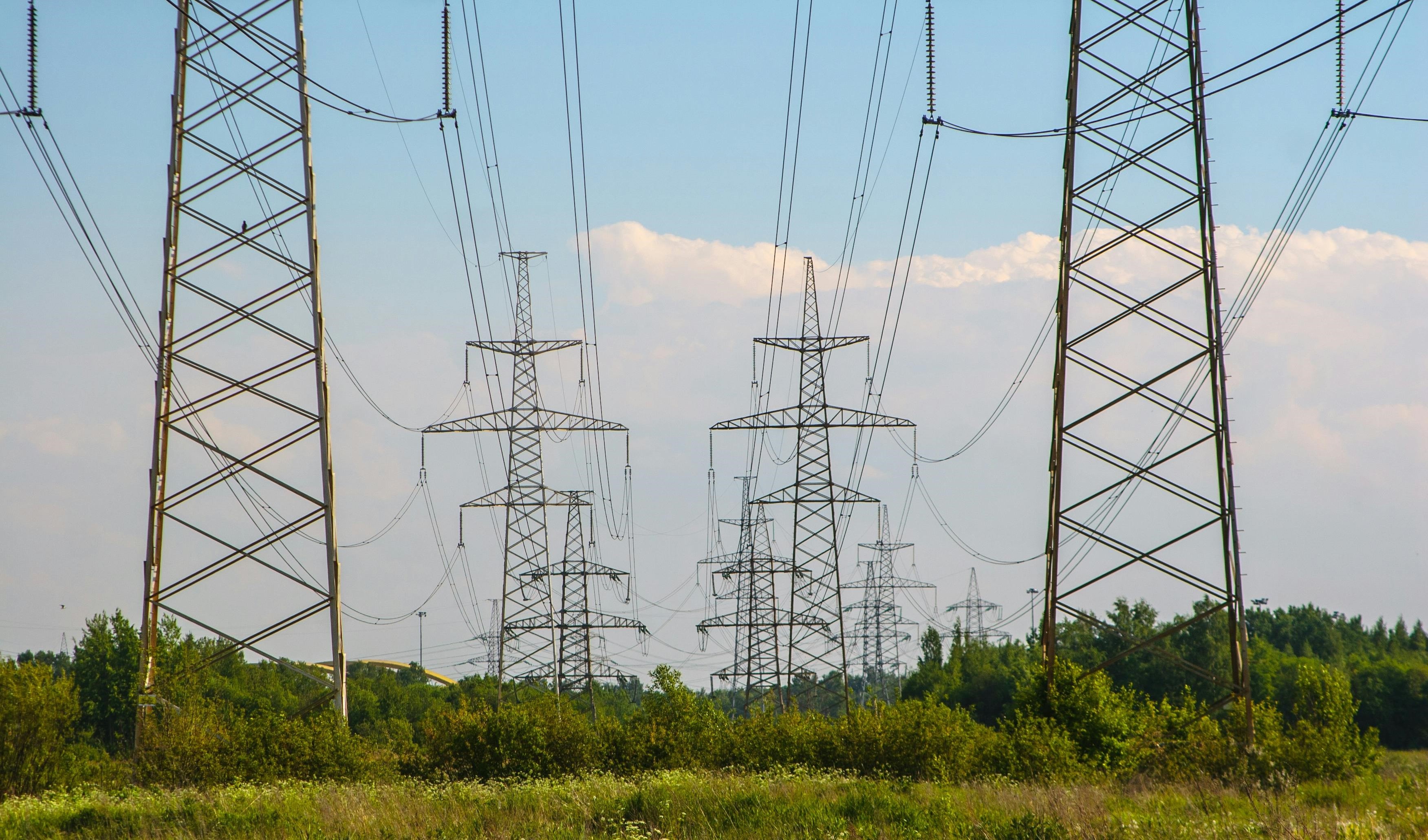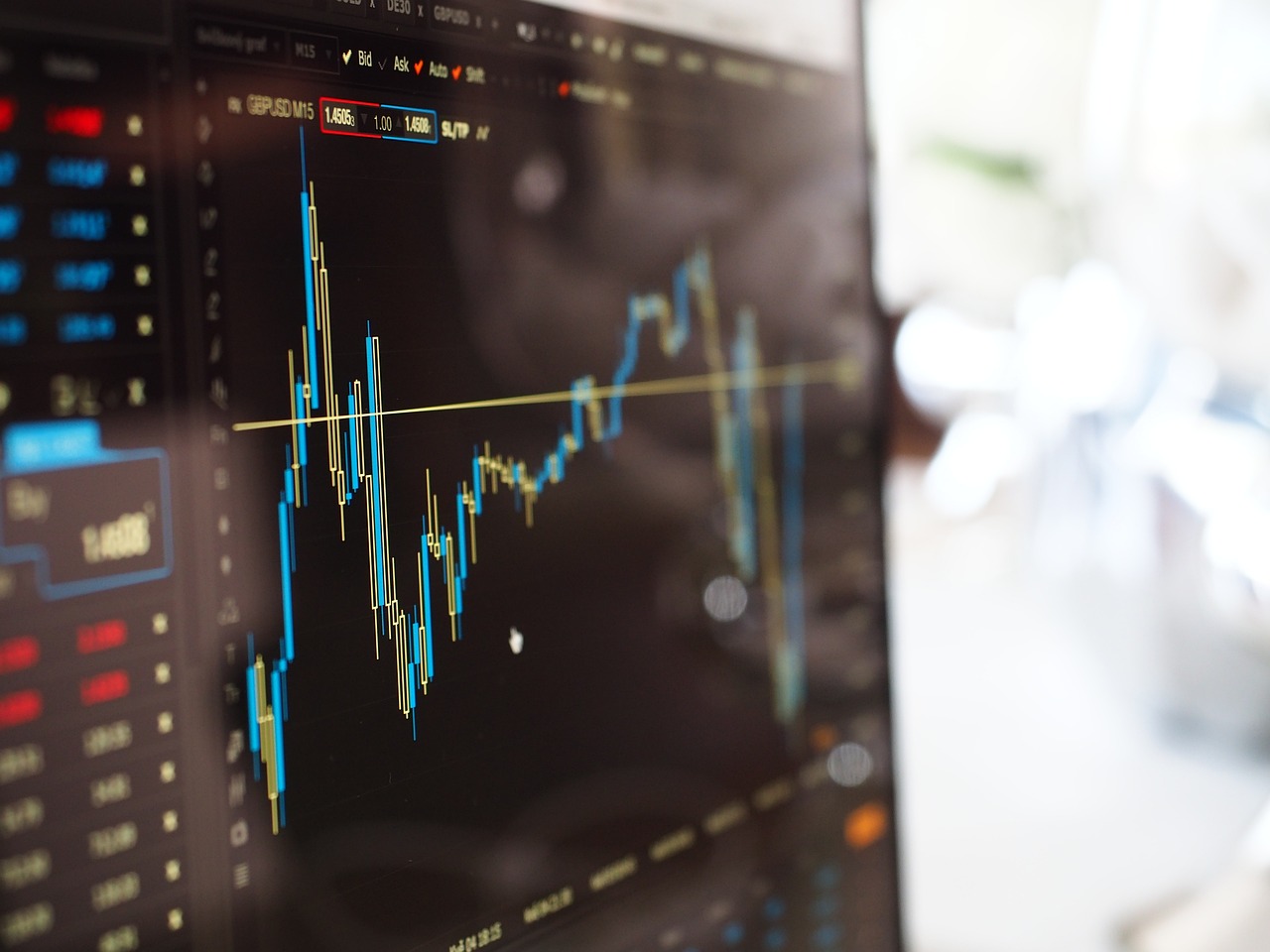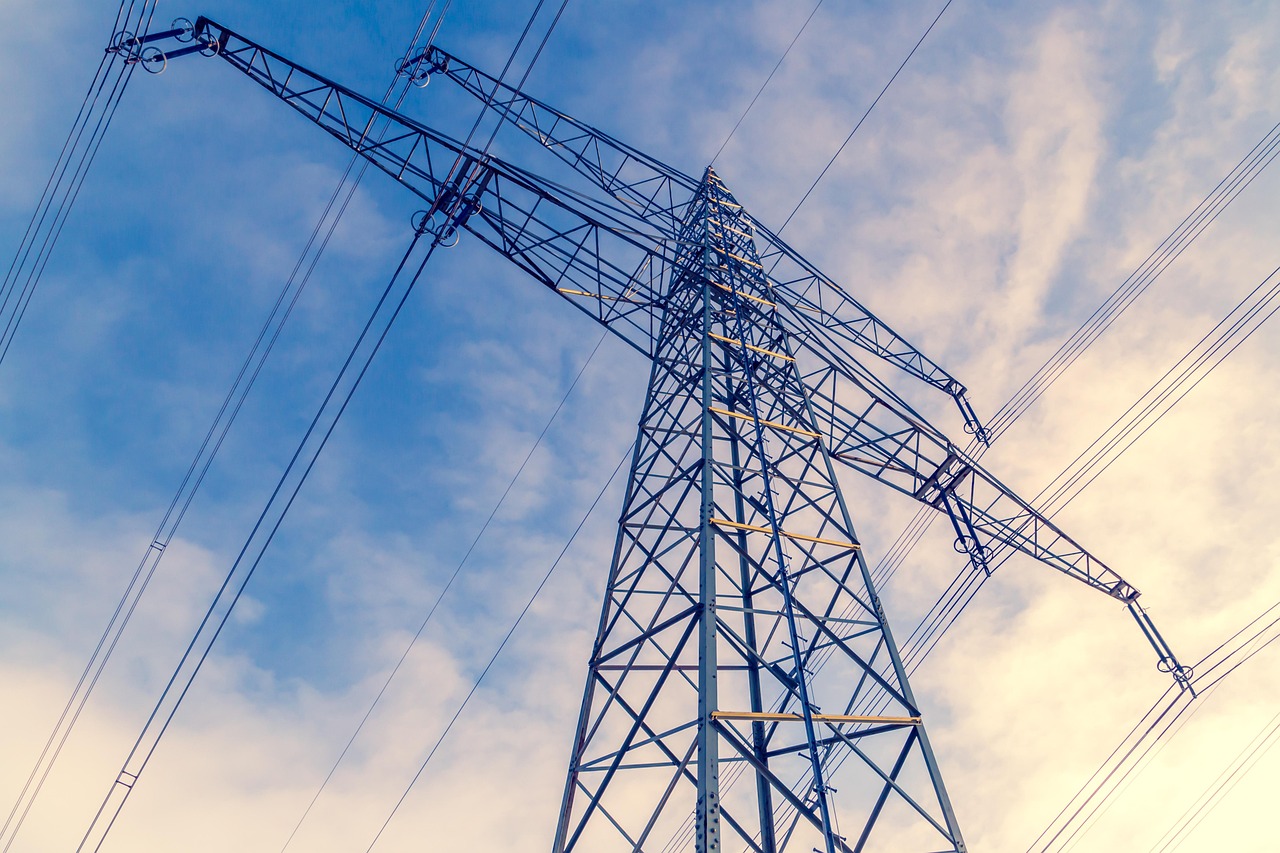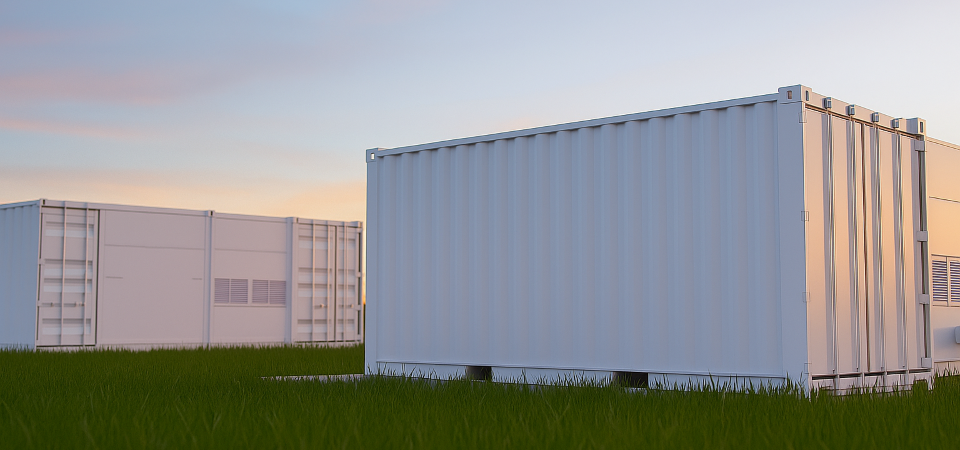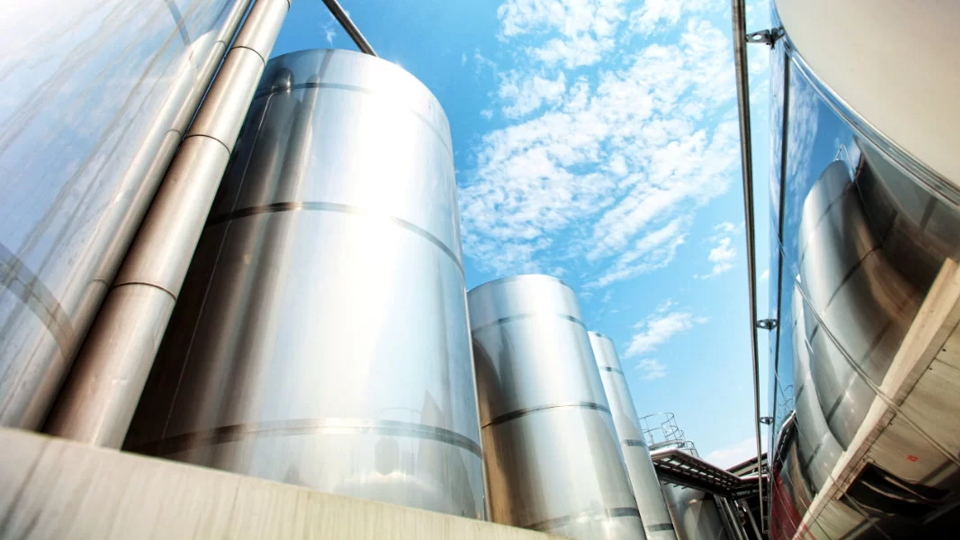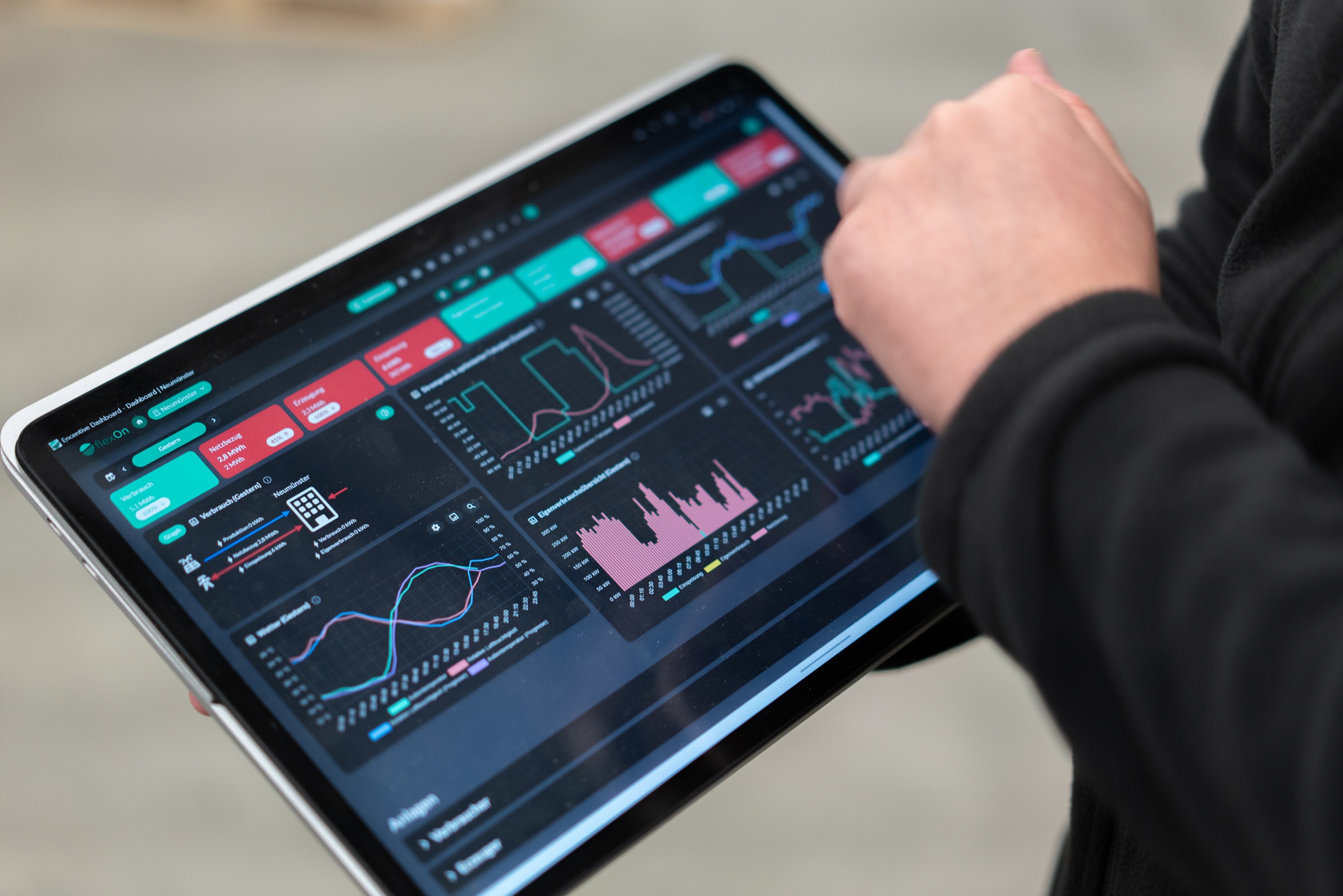The development of electricity prices on the exchange until 2030
How will electricity prices on the exchange develop in the future? A recent study shows how renewable energy, rising gas and CO₂ prices and the nuclear phase-out are shaping the market. In this article, you can read about the challenges and opportunities this presents to industry.

Electricity price development on the exchange: challenges and trends until 2030
The development of electricity prices on the stock exchange is a key issue for the energy sector and consumers such as industry. In Germany in particular, where the switch to renewable energy and the phase-out of nuclear and coal-fired power plants is being pushed forward, the question of future electricity prices remains central. A recent study by scientists from Friedrich-Alexander-Universität Erlangen-Nürnberg, published in the scientific journal Energy Policy, sheds light on how market trends shape this development and what they mean for companies.
Renewable energy as a driver of transformation
The growing share of renewable energy tends to reduce prices due to the so-called merit order effect. Electricity from wind and solar power has low operating costs, forcing conventional, more expensive energy sources out of the market. The share of renewable energy was already 46% in 2022 and is expected to rise to 80% by 2030. But this development poses challenges: Power generation from renewable sources depends on weather conditions. This leads to significant price fluctuations.
The study shows that increased feed-in of renewable energy not only lowers the average electricity price, but can also lead to more frequent phases with extremely low or even negative electricity prices. Such fluctuations require new approaches in market design to ensure stability.
How external factors influence electricity prices
Not only renewable energies, but also external influences determine the development of electricity prices. The gas price is a decisive factor here: After reaching a peak of 339 €/MWh in 2022, it has stabilized, but remains a major cost driver. At the same time, the price of CO₂ certificates, which stood at 83 €/tCO₂ in 2022, is on track to rise to 100-120 €/tCO₂ by 2030.
These costs are directly reflected in electricity generation, as gas and coal-fired power plants continue to play important roles as flexible energy suppliers. In particular, the rising CO₂ price could play a key role in the coming years, as it forces companies to focus more on low-emission technologies.
How will the electricity price on the stock exchange develop?
The study predicts that stock market electricity prices will be significantly higher by 2030 compared to the years before the energy crisis. For example, an average price of 104 €/MWh is expected for 2025. At the same time, increasing price volatility is predicted due to weather-related fluctuations in the supply of renewable energy, variable fuel costs and increasing demand.
Opportunities and challenges for industry
The high volatility of electricity prices poses challenges for industrial companies. Despite rising costs, they must ensure their competitiveness. At the same time, according to the study, a volatile market offers opportunities: Investments in renewable energy, energy storage and flexible tariff models could lead to greater stability in the long term.
In order to benefit from these market developments, companies should rely on innovative solutions that enable flexible power consumption. One option for implementing this is our smart energy management platform flexOn.
Flexibility thanks to intelligent energy management
In contrast to conventional energy management systems, which only monitor electricity consumption, flexOn controls the systems of our industrial customers. As a result, they consume electricity primarily when it is green and cheap. Intelligent energy management uses the existing infrastructure as dynamic energy storage — which allows customers to react flexibly to electricity prices or increase PV self-consumption without having to invest in storage.
Developments that are changing the market
The development of electricity prices on the stock exchange remains a complex issue with far-reaching consequences. The study shows that rising prices and volatility promote investments in sustainable technologies on the one hand, but also require new market structures on the other. Only through a combination of political vision, technological innovations and strategic investments can the balance between sustainability, supply security and economic efficiency be maintained.
Source: Mario Liebensteiner, Fabian Ocker, AnaSabuzayed, High electricity price despite expansion in renewables: How market trends shape Germany's power market in the coming years, Energy Policy, Volume198, 2025,114448, https://www.sciencedirect.com/science/article/pii/S0301421524004683




.png)
